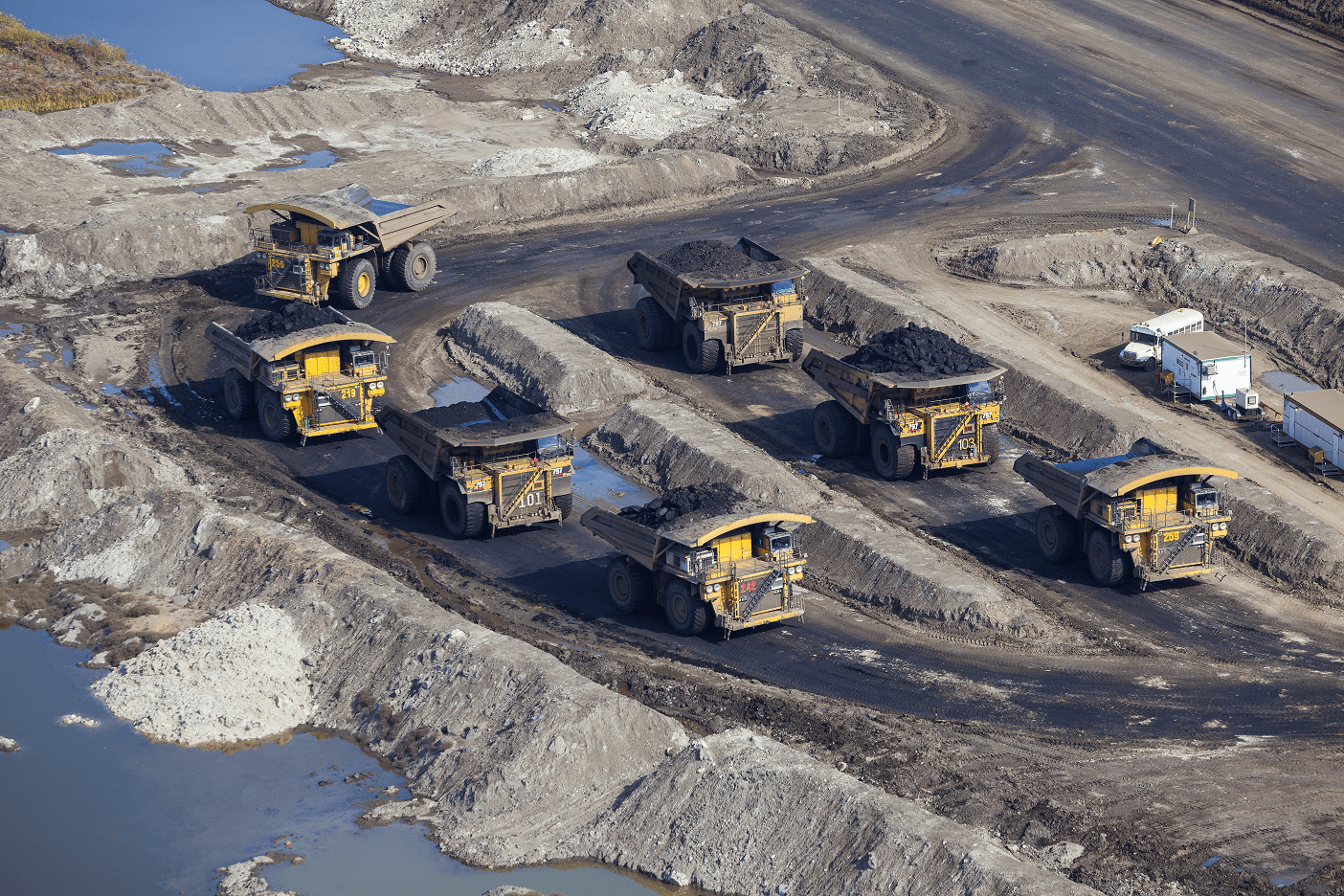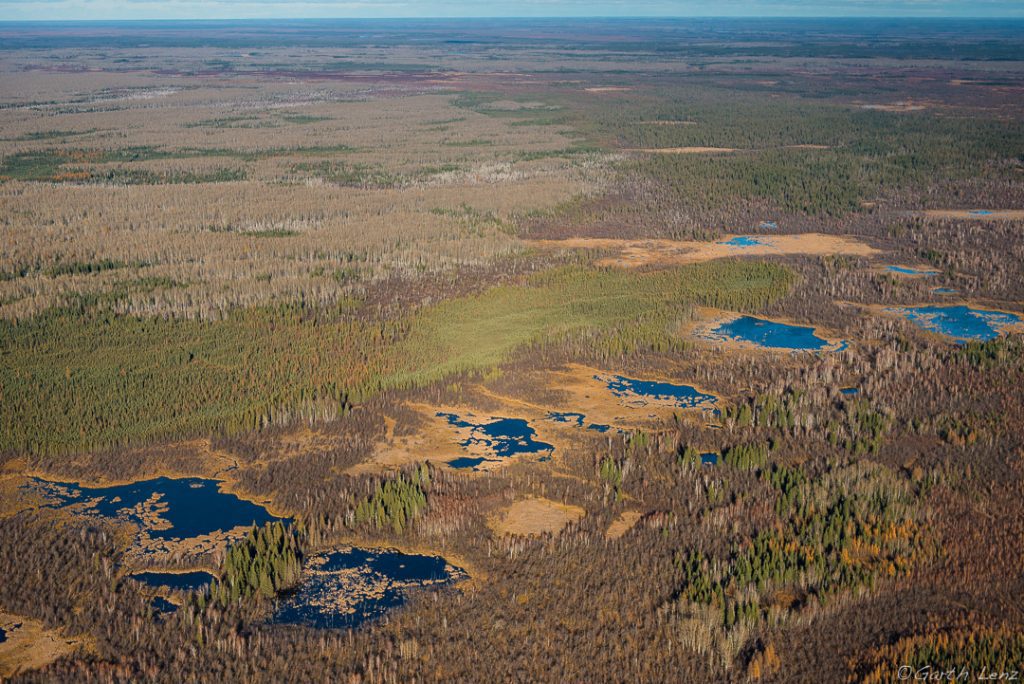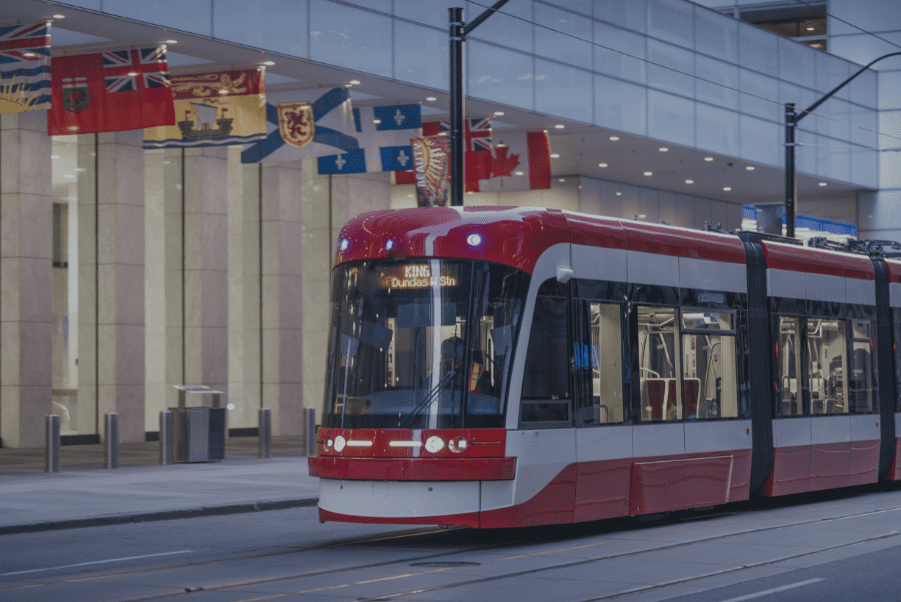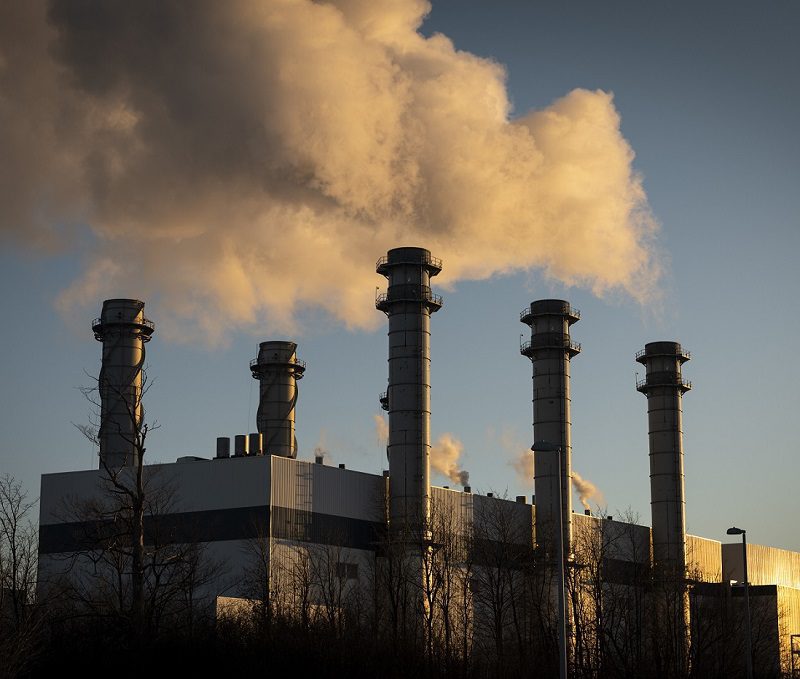Update, December 2020: In February 2020, Teck Resources scrapped its application for the Frontier tar sands mine. This move acknowledges that digging for fossil fuels doesn’t make economic sense in a country like Canada – where opportunities for wind, solar, geothermal and energy efficiency abound.
More than 140,000 Canadians spoke out – together, we sent a clear message that Canadians want a climate-safe future. Thank you to everyone who took action to ensure a climate safe future.
As the new decade starts, the federal government is facing an important test of its resolve on climate action: whether to approve or reject what would be Canada’s largest open-pit tar sands mine ever. Teck Resources wants to dig a huge new tar sands project, the Frontier Mine, which would cover an area twice the size of Vancouver. This megaproject would impact Indigenous communities, derail Canada’s ability to meet our climate targets, and destroy habitats critical for iconic species at risk of extinction. All for the sake of the pocketbooks of a small number of corporate executives.
Newly appointed Minister of Environment and Climate Change Jonathan Wilkinson has until February 28th to decide what to do. Unfortunately, the Joint Review Panel (JRP) that conducted the environmental assessment recommended that the project be approved – despite finding that the mine would have “irreversible” impacts on the environment and “significant adverse effects” on Indigenous Peoples.
This decision over whether to double down on the energy of the past or start investing in solutions of the future should be a no-brainer. We are in a climate emergency – between Australia’s fires and Indonesia’s floods this is more obvious than ever. This past election, two-thirds of Canadians voted for parties committed to increased action on the climate crisis. We can’t afford to build Teck’s mine.
If we’re going to take climate action seriously, Canada really needs a climate test – a mechanism which would allow the country to only approve projects compatible with our climate targets. But we don’t have one – yet – so in the meantime, Canadians who care about the climate and a healthy future will need to continue fighting these projects one at a time.
8 Reasons Why Minister Wilkinson should be Brave and Reject Teck
- The Frontier Mine is a carbon bomb: Its greenhouse emissions are fundamentally inconsistent with Canada’s climate targets. If constructed, the new mine would further expand the tar sands and lock in 6 megatonnes of carbon emissions (CO2e) per year until 2067, well after the government’s 2050 timeline for Canada to be carbon-neutral. Six megatonnes is the yearly equivalent of all British Columbia’s private vehicle emissions! Over the lifetime of the project, its cumulative emissions are estimated to reach 151 Mt CO2e.
- The climate can’t take the emissions from the oil sites already in production. A recent report found that carbon emissions from oil and gas in existing fields and mines take the world beyond 1.5°C of warming. Any new production would result in warming well beyond 2°C. The continued expansion of oil and gas is incompatible with a climate-safe future.

- The Frontier Mine infringes on the rights of First Nations: The JRP found that the mine would likely result in significant adverse effects on the asserted rights, use of land and resources, and culture of local Indigenous groups. The panel put forward some proposed conditions – but they do not address community concerns that were raised at public hearings, and they do not effectively mitigate known adverse environmental impacts. Communities downstream of the project are already experiencing degraded ability to use their traditional territories as a result of 60 years of cumulative tar sands extraction. Check out Indigenous Climate Action’s work to learn more.
- The project is huge. If built, the Frontier Mine is projected to dig up more than 29,000 hectares and produce 260,000 barrels of oil per day at full capacity – making it the largest tar sands mine ever built. And it would be pumping out oil – and pollution – for as long as 41 years.

Area of the proposed Teck Frontier Oil Sands mine. Photo © Garth Lenz. - The Frontier Mine would harm at-risk species and destroy critical habitats. The project would destroy 14,000 hectares of wetlands and 3,000 hectares of old-growth forest. It’s also very close to Wood Buffalo National Park, a UNESCO heritage site. The JRP found that there “may be a loss of habitat for many species…including species at risk, for at least 100 years following closure in 2081.” Among the species threatened by this project are caribou, lynx, the last remaining free roaming wood buffalo herds and the critically endangered Whooping Crane.
- The Frontier Mine makes no financial sense. A project of this magnitude requires decades of sustained high oil prices to make it economical. There is ample evidence that oil prices are unlikely to stay at a high enough price to cover break even costs for a project this massive for the 41 years of its lifecycle. If built, will this project end up being another source of major government subsidies to keep it afloat?
- The Frontier Mine would likely become yet another oil project that the public has to pay to clean up. Not only would the mine not be profitable enough to break even, it’s unlikely to end up covering the $3 billion needed for land reclamation costs. According to recent estimates, cleaning up Alberta’s oilpatch – including the 90,000 abandoned oil wells, toxic tailing ponds and ageing pipelines – could cost up to $260 billion. How much has the industry committed to this clean up cost? Only $1.6 billion – less than 1% of the overall cost – leaving taxpayers on the hook for the rest of it. Teck has not shown that it will be able to cover the costs of clean-up. Why should future generations be left on the hook?
- Teck has an awful environmental track record. Systemic pollution problems at Teck’s facilities in British Columbia do not inspire confidence in this company’s ability or willingness to manage the significant environmental risks posed by a massive tar sands mining operation. This is the same company that fought the Confederated Tribes of the Colville Reservation in Washington in court for 11 years when it was found that the company’s smelter was leaking 400 tons of toxic waste a day into the Columbia River.
Today there are over 150 tar sands projects in Alberta. They have resulted in the clearing of over 500 square kilometres of land, the withdrawal of 111.5 million cubic metres of water annually from lakes and rivers, and the creation of toxic tailing ponds that cover 250 square kilometres.
Allowing $20 billion to be spent on another project from the old fossil fuel economy will only dig Canada deeper into the crises of biodiversity, climate and culture we are facing. We desperately need these financial resources and human ingenuity to be directed to the new systems that will solve these crises. In the midst of a climate emergency, approving this mine is unacceptable.
But there’s still a chance for Minister Wilkinson to be brave and choose the climate, environment, and Indigenous rights over the special interests of oil and gas industry executives.










